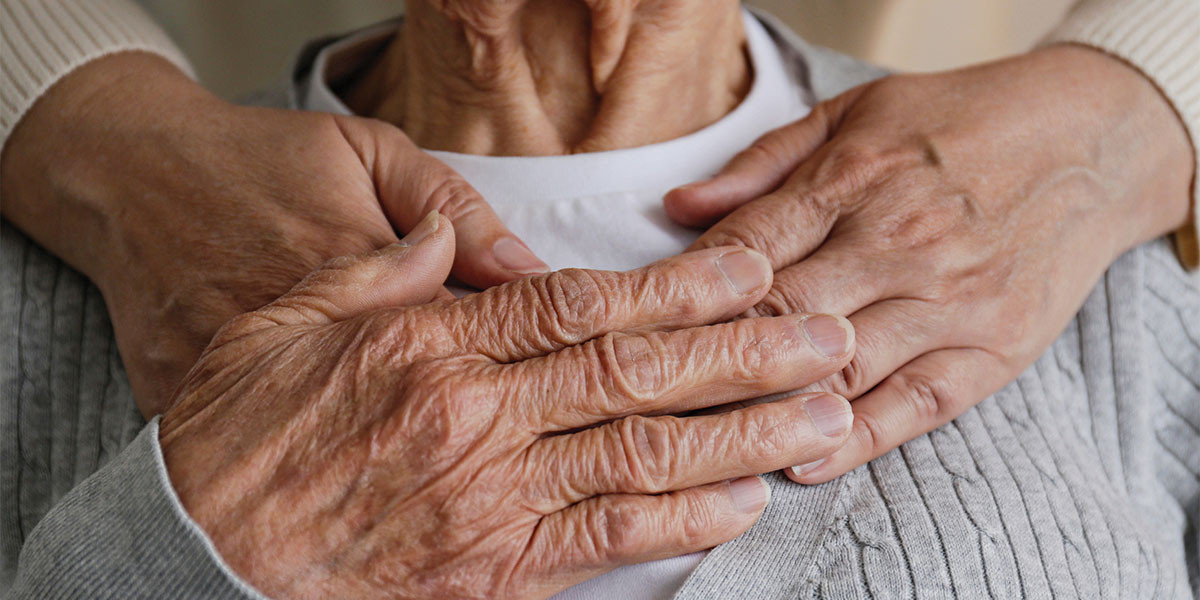World Alzheimer’s Month: Challenging the Stigma

World Alzheimer’s Month this September kicks off a campaign to raise awareness and eliminate the stigma surrounding dementia, says Alzheimer’s Disease International (ADI), a global advocacy organization. They call out the challenges adults face in receiving an accurate diagnosis and securing effective support for living with dementia.
“Evidence suggests that when people with dementia and their families are well prepared and supported, feelings of shock, anger, and grief are balanced by a sense of reassurance and empowerment,” notes ADI.
Dementia facts
This year’s campaign calls out some key facts:
- Today, more than 55 million people across the globe are living with dementia.
- We expect this number to reach 139 million by 2050.
- Dementia is the 7th leading cause of death globally—and the top cause in some countries.
Public misconceptions abound. For example:
- 2 in 3 people—even some healthcare practitioners—believe that dementia is caused by normal aging.
- 1 in 4 people believe there is nothing they can do to reduce the risk, even though evidence suggests that 40% of cases could be delayed or prevented by modifiable risk factors.
Stigma surrounding dementia can lead people to delay getting help or hide a diagnosis, says ADI. Negative perceptions can lead to isolation and loneliness, they add.
Stigma can also affect how we manage behavioral symptoms of dementia, eroding quality of care in nursing homes, according to Alison Warren of the George Washington University School of Medicine and Health Sciences. It comes down to weak assessment practices and poor understanding of behavioral symptoms, she says.
In a discussion of BPSD and person-centered care, Warren calls on clinicians to delve into the complexities of BPSD presentation and to recognize situational stressors and unmet needs, rather than jumping to drug treatments, which can have serious adverse consequences. A person-centered understanding of BPSD requires caregivers to recognize the experience of living with dementia, Warren points out.
Accurate diagnosis & CMS guidance
The ADI campaign underscores the power of a diagnosis, highlighting that an accurate diagnosis can improve treatment, care, and support.
In the nursing home setting, the power of a diagnosis continues to prevail, especially in light of recent CMS guidance about diagnostic accuracy. The GuideStar team maintains that diagnosis drives treatment. An accurate diagnosis incorporates multidisciplinary geriatric and neurological evaluation, along with norm-validated psychological testing and evaluation.
This is crucial when evaluating behavioral symptoms. For example, psychiatric symptoms secondary to a neurocognitive impairment do not warrant a psychiatric diagnosis such as schizophrenia, GuideStar CEO Steven Posar, MD explained in a JAMDA podcast this year. He noted that comprehensive evaluation and accurate diagnosis are first steps in achieving reduction of antipsychotics and other drugs, enabling gradual dose reduction (also targeted in the new CMS guidance).
The updated CMS guidance aligns with a key advocacy message from ADI, which says that governments and healthcare systems need to lead the charge and “better support people with dementia”. An informed approach to dementia care can also help manage healthcare costs, suggests ADI.
Person-centered care
ADI calls for care to be “person-centered… and underpinned by robust care plans”. Clinical approaches that lead to better CMS compliance are about safety and empowerment, allowing persons living with dementia to enjoy meaningful quality of life.
To learn more about how to achieve CMS compliance, access the webinar hosted by McKnight’s and sponsored by GuideStar, "Comprehensive behavioral health compliance: Are you prepared?,” presented by Steven Posar, MD, Founder and CEO of GuideStar Eldercare.
